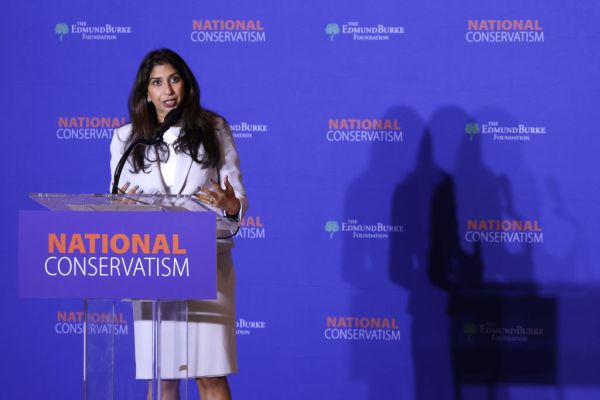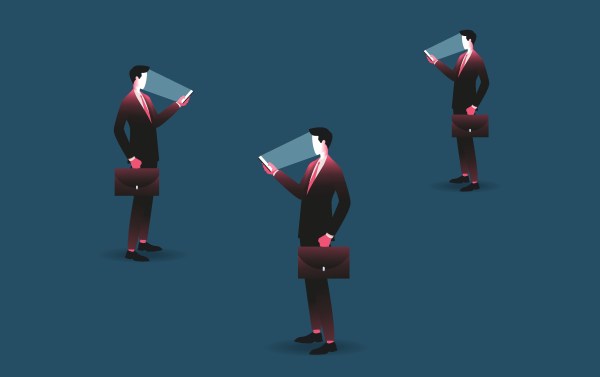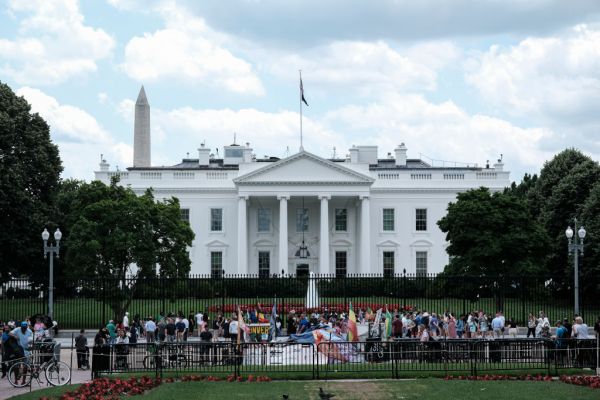Elon Musk has been trying for months to make Twitter a profitable company, but he’s had a lot of ups and downs along the way. He’s made fundamental changes to the platform (hello $8 check marks), fired thousands of employees, proposed an ad revenue sharing program for Twitter users, and even restructured the algorithm to get more impressions on his tweets.
In interviews, Musk has been clear that his mission is to “save Twitter,” even if he’s broken things at the company along the way. Yet the chaos he’s created has been informative, both because it’s provided a window into how social media companies actually work and forced people to reflect on whether the business model of a company like Twitter is sustainable in the long term.
In his first month on the job, Musk endorsed the release of the Twitter Files, a series of tweet threads by reporters he brought in to demonstrate how Twitter operated before he took over. Musk’s aim in releasing the Twitter Files was to portray the company as deliberately biased against conservative points of view and willing to unfairly restrict certain stories in the name of “public safety.” Undoing this was Musk’s entire reasoning for becoming “Chief Twit” in the first place, even if he did spend months initially trying to back out of the deal.
Musk took the role of CEO thinking of Twitter as a broken product that needed fixing—not a stable investment to be left alone. And that made sense: Twitter had posted a loss of $344 million in its last quarterly earnings report before the acquisition.
Yet as Musk has come to learn, reforming a social media platform is complicated, particularly when it comes to squaring the ideals of free speech and viewpoint neutrality with an incentive structure that rewards incendiary rhetoric.
Why people use Twitter.
Think of Twitter as a high school cafeteria: The way to get people to come to the platform is to have tweets that people don’t want to miss. That’s why Twitter and other social media companies have made business decisions to generate and amplify content that, as Musk has implied, makes Twitter a more entertaining place than Netflix.
Take the December Twitter spat between Andrew Tate and Greta Thunberg, which according to Twitter’s now public view counts, has been seen over 300 million times.
A famous Swedish climate activist dunking on a masculine provocateur by questioning his manhood is a dream scenario for a company that makes its money on user engagement. In the broader picture, it’s not a productive conversation: It won’t influence climate policy, and it’s certainly not helping improve political discourse.
Yet any tweet that can single handedly drive an entire news cycle—then continue to generate viral content afterward—will appeal to Twitter executives. So is this good for society? No. But is this good for Twitter?
Twitter’s catch-22.
A social media company like Twitter needs to appeal to users and advertisers. Twitter needs to maximize people’s time on the site so they’ll see as many ads as possible. By the way, according to Twitter’s 2021 public filings, those ads accounted for 89 percent of the company’s revenue.
Musk now wants to move Twitter away from that advertising model, but until he can find a way to do that, Twitter is still working within the “more views, more ads” framework.
That’s why any conversation about Twitter’s future can’t just touch on content itself. It also must touch on how Twitter works.
According to the engineers who made them, the retweet and quote tweet buttons exist to give people the chance to spread hot takes quickly, then dunk on the people who made them. It’s also why Twitter often inserts what it calls “relevant” or “popular” tweets into users’ feeds. These tweets often don’t come from people the user is already following, they’re just getting a lot of engagement on the platform.
But hot takes can be a double-edged sword even for drumming up advertisers. A cutting tweet from Elon Musk about Dr. Fauci might get 1.2 million likes but also make some advertisers rethink whether they want to be on Twitter at all.
Paul Matzko, a research fellow at the Cato Institute who studies free speech and social media, explains that people on Twitter are “rewarded for inflating their rhetoric and hurling accusations at each other. People like fireworks, we like drama, we like the Real Housewives of Twitter. We’re up against human nature in a social media world. So what do you do? Advertisers like certainty and steadiness, people like to see drama. If you figure out the answer to that, I suspect Elon Musk will have a job for you.”
Elon Musk has addressed the tension by shaming the advertisers that left Twitter. But the company’s former management argued it’s not a question of how tweets go viral, but which ones.
‘Just hide the bad people.’
In 2018, former Twitter CEO Jack Dorsey appeared before Congress to discuss transparency and accountability at the company. In one memorable exchange, former Democratic Rep. Mike Doyle confronted Dorsey directly with several allegations from prominent Republicans that Twitter censored conservative voices, with Dorsey repeatedly denying that the statements were true.
In a blog post from the same year, Twitter again denied shadowbanning, defining the term as “deliberately making someone’s content undiscoverable to everyone except the person who posted it, unbeknownst to the original poster.” Yet this highly specific definition gave Twitter a lot of leeway, allowing it to do anything short of making someone’s tweets completely invisible to other users.
Libs of TikTok, for example, is a Twitter account that became famous for reposting provocative TikTok videos from leftwing and LGBTQ people. After Libs of TikTok began producing viral content, Twitter subjected it to multiple punitive actions, including six temporary suspensions and a trending blacklist, meaning that tweets from the account could never trend, regardless of how many likes or views they received.
But Twitter’s actions against Libs of TikTok came after the company specifically admitted that the account did not engage “in behavior violative of the Hateful Conduct Policy.” Libs of Tiktok was using Twitter the way Twitter wanted to be used: reposting controversial videos that got lots of views and even coverage in the Washington Post and New York Times. Yet Twitter still blacklisted the account.
Eli Lake, a writer for Commentary magazine and host of the Re-Education podcast, describes Twitter’s old management as part of the “American nomenklatura.” In an interview with The Dispatch, Lake explained that the biggest content moderation decisions at Twitter were ultimately decided by executives at the company.
“What I’ve found very interesting is—we assume, who are outside of the social media companies, they must have algorithms. They must be adjusting the dials. But these companies rely on human beings to do a lot of the content moderation,” Lake said. “For the very big accounts, the senior executives at the company would make the decisions. When everyone at your company is a coastal progressive type, it’s hard to even know where your biases might be in those decisions.”
No one knows how to fix Twitter.
When Elon Musk bought Twitter, he claimed he was buying a “nonprofit” that was more dedicated to “social influence” than profits and he believed Twitter was “fundamentally an activist organization,” according to Bari Weiss, one of the writers of the Twitter Files.
The claim has merit: More than 99.5 percent of political donations by Twitter employees went to Democrats in 2022. Yoel Roth, Twitter’s former head of trust and safety, admitted that he started from a premise that accounts like Libs of TikTok or Christian satire sites like The Babylon Bee are “f—ed up.”
Musk bought Twitter on the premise that the hypocritical way it punished some accounts for operating according to Twitter’s own business model was bad. But he also has tweeted that “freedom of speech” doesn’t mean “freedom of reach,” and that “negative/hate tweets will be max deboosted and demonetized.”
So even Musk is making a distinction between freedom of speech and freedom of reach—which will be hard to maintain on a platform that incentivizes getting content to as many people as possible and promotes the accounts that do. It would be like the director of a Broadway show promising the audience more content from the most popular actors, then cutting off their microphones. It’s no surprise that some audience members will want a refund.
If Musk is right that having widely trusted and broadly inclusive social media companies is “important to the future of civilization,” it’s good that a company like Twitter is rethinking some of its assumptions. Yet balancing social media’s attention-driven incentive system with the free speech rights that Western societies cherish presents difficult problems—and it’s not clear that Musk has all the answers.








Please note that we at The Dispatch hold ourselves, our work, and our commenters to a higher standard than other places on the internet. We welcome comments that foster genuine debate or discussion—including comments critical of us or our work—but responses that include ad hominem attacks on fellow Dispatch members or are intended to stoke fear and anger may be moderated.